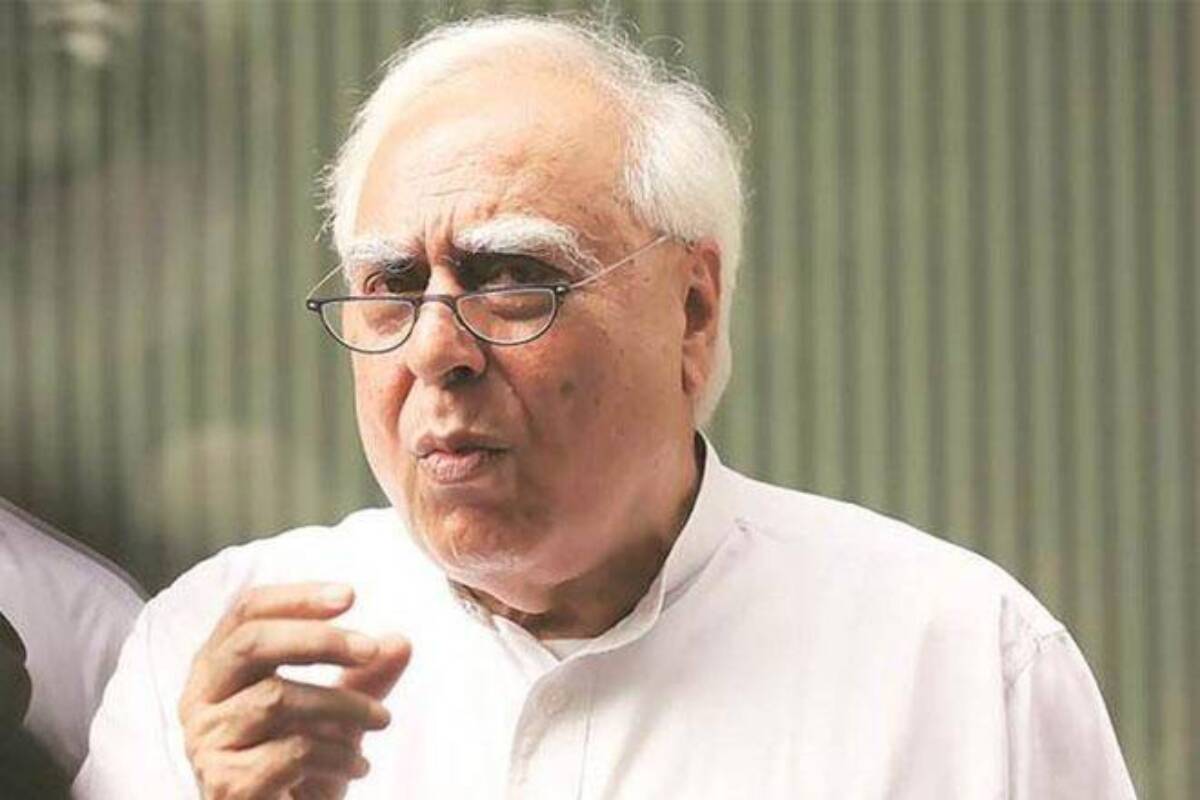Former Human Resource Development Minister Kapil Sibal (Independent) said in the Rajya Sabha on Thursday that India’s economy is in deep crisis and the Union Budget has given no roadmap on how the government planned to tackle unemployment which was acquiring vast proportions.
Participating in a general discussion on the 2024-25 Budget, the former Minister quoted an ILO “India Employment Paper, 2024” report which said 83 per cent of India’s youth is unemployed. India’s unemployment was 35.2 per cent in 2000, it rose to 65.7 per cent in 2022 and today, it is 83 per cent.
Advertisement
He said this did not happen suddenly. The major cause was the economy was stagnant. Unless factors like education, skill development, industrial production, GDP growth were taken care of, unemployment cannot be reduced.
Mr Sibal said most of the unemployed are in the unorganised sector, and just 10 per cent of the unemployed are in the organised sector. The CMEI data says 111 crore out of the 140 crore population is in the working age-groups, of which 83 per cent are unemployed.
“This is the crisis. Unfortunately, the Budget has given no roadmap, which would have meant seven to eight million jobs every year for the next 30 years,” he said. The former Minister said Budgets are political statements and perhaps the current Budget was influenced by the factor that the government depended on “two people” for crucial support.
He said India’s own skill report showed there are seven to eight million job seekers every year, and 12 million jobs are needed every year, but there is no roadmap for that. Artificial intelligence has added another factor. This was needed by developed countries, which had a shortfall of young population, while India would lose jobs because of this, particularly in the IT sector.
He said “Our country needs minds to look at issues and not at politics.” There is a need to marry skills with education, and this should start at the secondary level. Unless the youth is skilled, they will only move to self-employment.
India will have to increase its expenditure on R&D and leave education free from interference, he said. “You are controlling universities,” he said, “and if you allow them freedom, they will produce ideas which mature into business ventures,” he said.
Mr Sibal said the 15th Finance Commission had said States should get 41 per cent of the Central revenues. But the Centre then imposed cess and surcharge which are not allocated to the States. The result is States are getting only 32 per cent against 41 per cent. Another problem is the Centre is monitoring States’ expenditure even on education and health. This was not desirable, he said.











